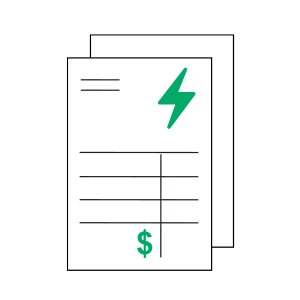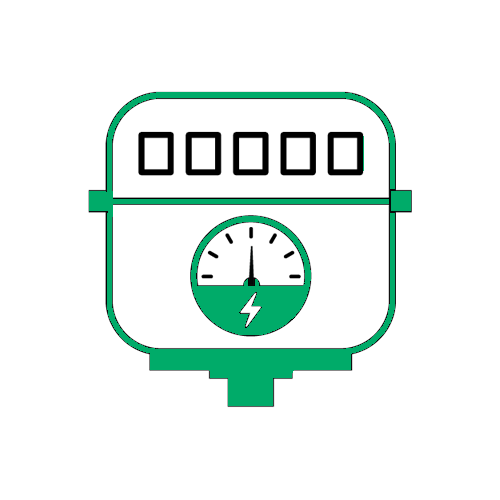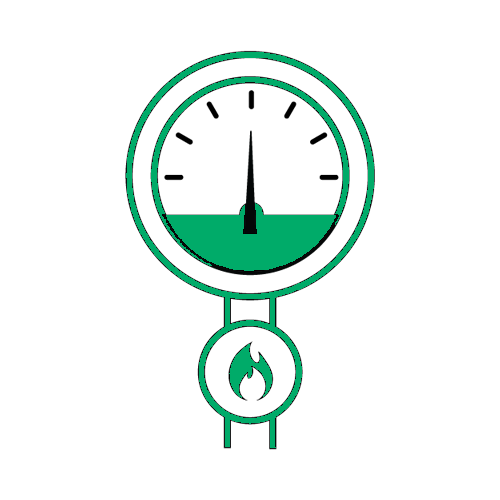Data for our June Tariff Tracker is collected in April and therefore does not capture increases set to occur on 1 July 2022. The impact of these changes will be captured in our December 2022 report.
Background
Increases in energy costs can adversely impact all businesses, large or small, undermining their long-term profitability and contribution to the Australian economy. Energy Consumers Australia commends the attention that has been brought to bear in the Australian Competition and Consumer Commission’s Retail Electricity Pricing Inquiry on the unacceptable pressures facing Australian businesses and consumers as a result of the price increases over the past ten years.
Through ongoing work on the SME retail tariff tracking project Energy Consumers Australia continues to build the evidence base of the costs facing small businesses, particularly those that are energy intensive and are unable to pass on those costs. As in other markets, for competition to be effective the transparency of information is an important tool so that consumers can participate with confidence.
The Small and Medium Enterprise (SME) Retail Tariff Tracker is an ongoing project for Energy Consumers Australia. It collects data every April and October, with reports on trends published in June and December.
June Retail Tariff Tracker
Key findings

Electricity bills were, on average, slightly higher ($15) in April 2022 for small businesses across Australia compared with a year earlier.

The ACT had the greatest increase in average electricity bills (17.6%) due to higher network charges, largely as a result of the costs associated with implementing legislation to supply 100% renewable energy. Western Australia and Northern Territory also recorded marginal increases.

Tasmania recorded the largest reduction in electricity bills (10%) followed by South Australia (5%), Victoria (2.4%), Queensland (1.6%) and NSW (0.5%).

The average gas bill for small businesses increased by 4% compared to a year earlier.

Gas bills increased for all jurisdictions except South Australia where they decreased by 1.5%. Victoria recorded the greatest increase (16.7%) followed by Queensland (4.7%), ACT (2.3%), Tasmania (2.3%) and NSW (1.6%)
State by state fact sheets:
You can access a summary of our study nationally or state by state in the interactive map above
Energy Bill Data Packs
The following workbooks/Data Packs allow you to enter consumption levels and analyse bills for electricity and gas market offers available to small business customers.
Calculate historical electricity bills by state
Calculate historical gas bills by state
Previous Results
SME Retail Tariff Tracker Final Report: December 2021
SME Retail Tariff Tracker Final Report: June 2021
SME Retail Tariff Tracker Final Report: December 2020
SME Retail Tariff Tracker Preliminary Report: June 2020
SME Retail Tariff Tracker Preliminary Report: December 2019
SME Retail Tariff Tracker Final Report: June 2019
SME Retail Tariff Tracker Final Report: December 2018
SME Retail Tariff Tracker Final Report: June 2018
SME Retail Tariff Tracker Final Report: December 2017
SME Retail Tariff Tracker Preliminary Report: October 2017


